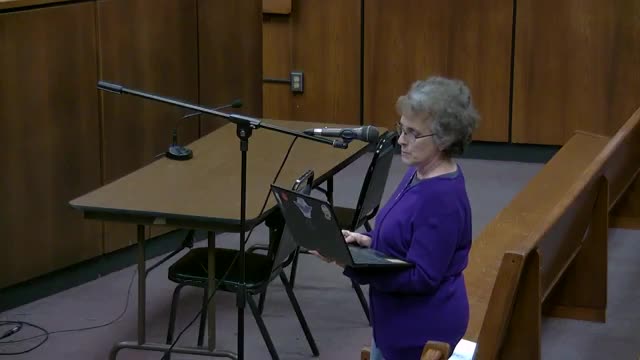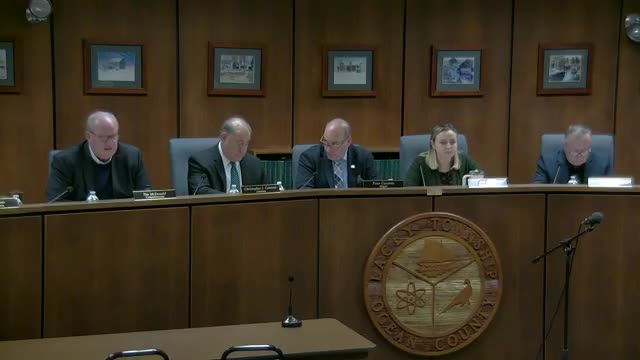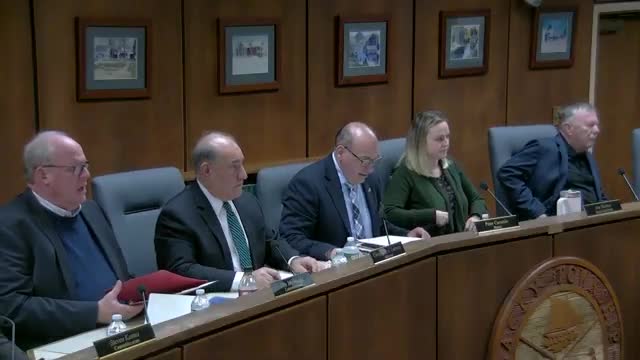Article not found
This article is no longer available. But don't worry—we've gathered other articles that discuss the same topic.

Residents press school board accountability, maintenance concerns ahead of March 11 Lacey Township school referendum

Ordinance adds restricted areas in municipal buildings to 'safeguard public records,' public asks for specifics

